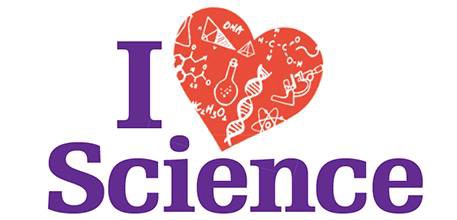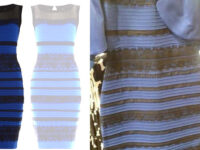Boston has a long and vibrant history of scientific achievement, a legacy celebrated by the Harvard Museum of Natural History’s semi-annual I Heart Science event. On February 10th 2018, science enthusiasts of all ages and backgrounds wove between stations scattered across the museum. Kids built Lego habitats for Madagascar hissing cockroaches; adults perused scientist profiles lining the hallways. Visitors of all ages tested model aircraft in a wind tunnel to learn about the flight morphology of animals. The one common element between all these different displays was excitement.
“I want them to see science as a human thing.”
While having fun is important, outreach events like I Heart Science serve a greater purpose: to demystify science and make it approachable for everyone. “I want them to see science as a human thing, I want them to see, ‘Oh, these are human people doing it and asking questions,’” says Brianna Weir, a graduate student volunteering at the event. “I like making it seem accessible.”
Wendy Derjue-Holzer, Educational Director for the museum, wants to clarify the purpose of the museum’s outreach efforts: “Unlike some other people I’m not looking to make every kid turn out to be a scientist but I want them to be comfortable with science and feel like it’s something they can understand.” Instead, she emphasizes the importance of science literacy. “The same way I believe everyone should be able to read, write, do math, I think people should be able to do science. I think it impacts the way people are citizens.”
“The same way I believe everyone should be able to read, write, do math, I think people should be able to do science.”
Outreach efforts are primarily targeted towards the public, but are also valuable for the scientists. “It’s really important for the grad students to be able to talk about their science in a way that the public understands,” says Derjue-Holzer. A big part of graduate students’ training is learning to communicate their work concisely and effectively, to scientists and non-scientists alike. Communicating their work to peers is imperative for supporting it through collaboration and grant-writing. Without that skill, they would struggle to support their own research.
The same goes for a non-scientific audience: if your work has no justification beyond the tight confines of your discipline, then why are you inspired to pursue your work? “[Outreach] makes me care about what I’m doing,” explains Weir.
Such vibrant engagement with science cannot be found just anywhere. “I think we’re lucky to live in Boston, which is a really intellectually rich town,” says Derjue-Holzer. “It’s a place that has a lot of people doing a lot of interesting work, so it’s important to think about the spaces where we connect what we’re doing with the public.”
Photo courtesy of the Harvard Museum of Natural History.



